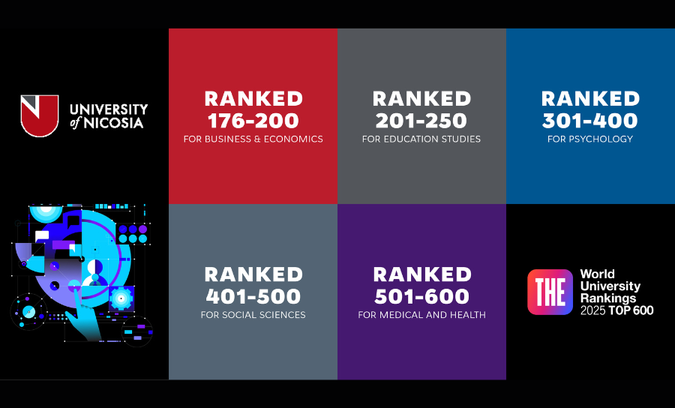Information
For centuries, international shipping has been critical to the development of world trade. The inter-relationships between falling transportation costs, economic growth and globalisation are in continual motion as supply chain networks ceaselessly evolve. These elements: shipping, trading patterns and organization are the fundamentals of the programme while the legal, financial, and managerial aspects of trade and transport form the superstructure.
The course delivers a comprehensive integrated overview of the core subjects essential to a thorough understanding of international trade and transport. Specifically, the course aims to develop the generic business skills required by managers working in the area of international trade and maritime business; develop critical analytical skills and apply them to the challenges they continually meet.
The interdisciplinary nature of the programme prepares students as future professionals who can function effectively in the complex business environment of the global marketplace. The diversity of supporting activities within the highly dynamic trade and maritime industry and its various sectors, consisting of many hundreds of large, medium and small firms, makes this choice possible. Graduates of this programme will have a variety of career options, including import and export business, ship management, commercial management, insurance, freight forwarding, transportation and logistics, port agency, trade and ship finance, maritime regulation as well as a variety of other administrative posts in the private and public sectors.
The specific objectives of the MSc in International Trade and Shipping Management are that the students:
- have the intellectual skills necessary to contribute to developing strategies for the direction of international transport and trade;
- become familiar with the main theories and practices of international shipping, transport and trade;
- can describe and critically analyse the structures and institutions of managing and organizing sea transport;
- examine the financial risks and opportunities of the trade and transport business environment;
- be able to grasp the import of the legal, economic and regulatory institutions and practices of trade and transport.
Students of the program are also offered the opportunity to focus on an elective group of subjects of their choice, and obtain a ‘concentration’ in one of three areas:
- COMMERCIAL SHIPPING AND TRADE PRACTICES
Global Trade Practices
Commercial Management of Ships - FINANCIAL MANAGEMENT
Banking and Shipping Finance
Economics of Sea Transport and International Trade - OIL AND GAS MANAGEMENT
Commodity Trading and Risk Management
Oil and Gas Management
The language of instruction is English.
Key Learning Outcomes
Upon successful completion of this program, the students should be able:
- Develop a comprehensive knowledge of the structures, processes and institutional practices of trade and shipping in the global market place
- Examine the financial risks and opportunities of trade and transport business
- Grasp the importance of the legal, economic and regulatory institutions
- Develop, implement, and promote policies and programmes relevant to the challenges of international trade and shipping management
- Acquire and apply knowledge and critical skills necessary to progress to study for a research degree (MPhil, PhD etc.)
Occupational Profiles of the Graduates
Significant recent developments in the business sectors in Cyprus make both postgraduate Programmes of studies especially relevant. The island is considered to be one of the world’s leading maritime centres and is fast becoming a new European hub for imports and re-exports activities linking Europe with the Far East in ways previously unexplored. At the same time the energy sector in Cyprus is also developing rapidly.
There is a variety of career options upon completion of any of these two Master's Degree Programmes including import and export business, ship owning and ship management, chartering, commercial legal services and consultancy, banking and finance, oil and gas trading and management, insurance, freight forwarding, transportation and logistics, port management, shipping agency, as well as a variety of posts in the public administration and government.
Graduates of these Programmes will be positioned favourably in the local and international market for the newly created employment opportunities. They will be able to undertake managerial, legal and executive responsibilities. Those already in employment are expected to enhance their career prospects and be prepared to face the challenges of a more demanding position.
Program
SEMESTER 1
- INTERNATIONAL TRADE AND SHIPPING MANAGEMENT
- INTERNATIONAL MARITIME LAW AND CARRIAGE OF GOODS
- LOGISTICS AND SUPPLY CHAIN MANAGEMENT
- ELECTIVE
SEMESTER 2
- SHIP MANAGEMENT
- RESEARCH METHODS
- COMMODITY TRADES
- ELECTIVE
SEMESTER 3
- DISSERTATION







